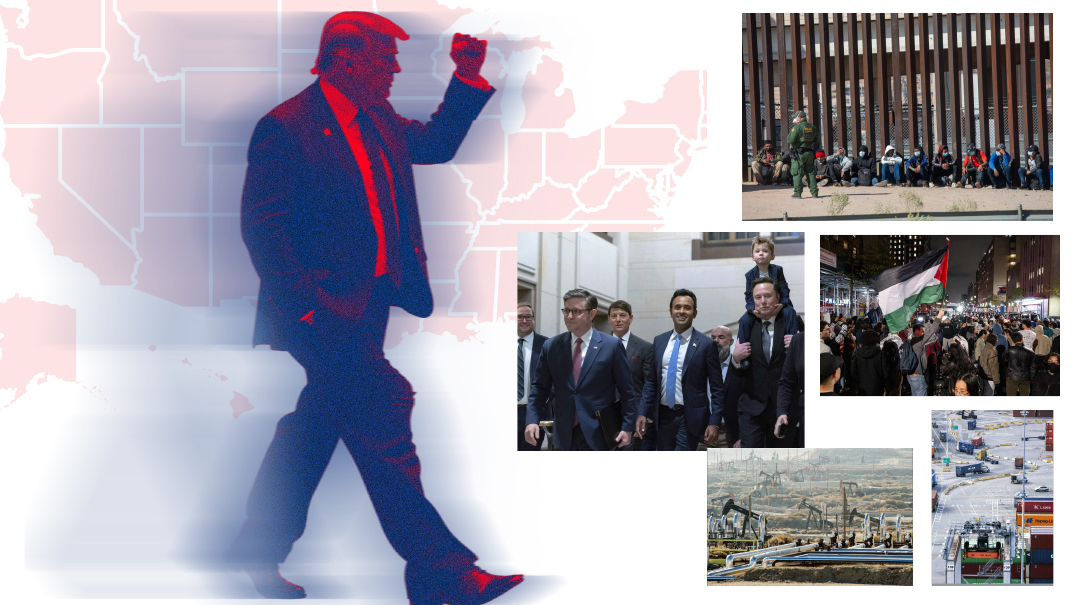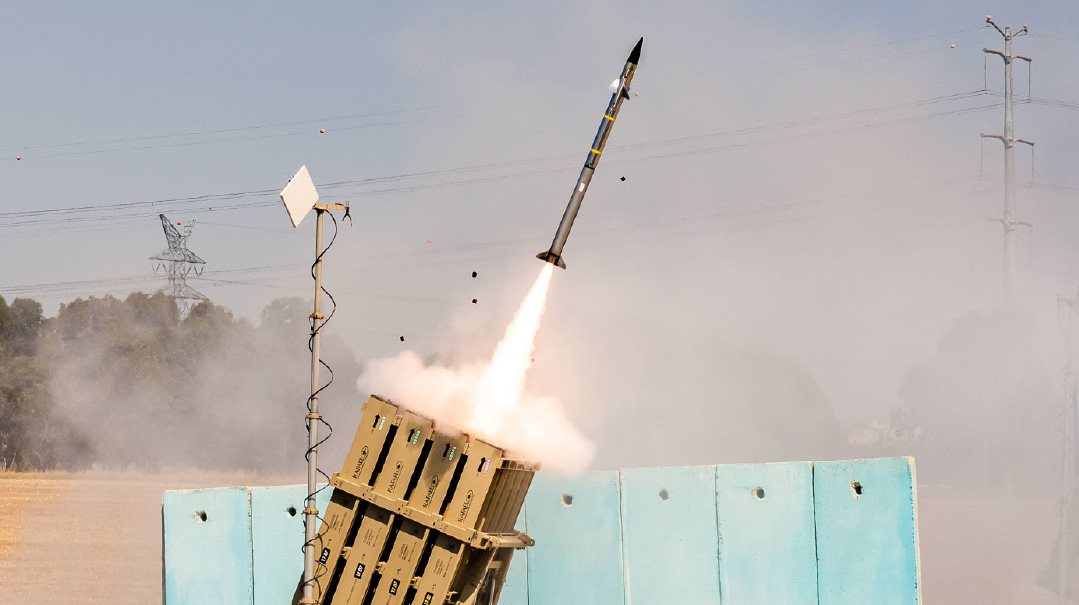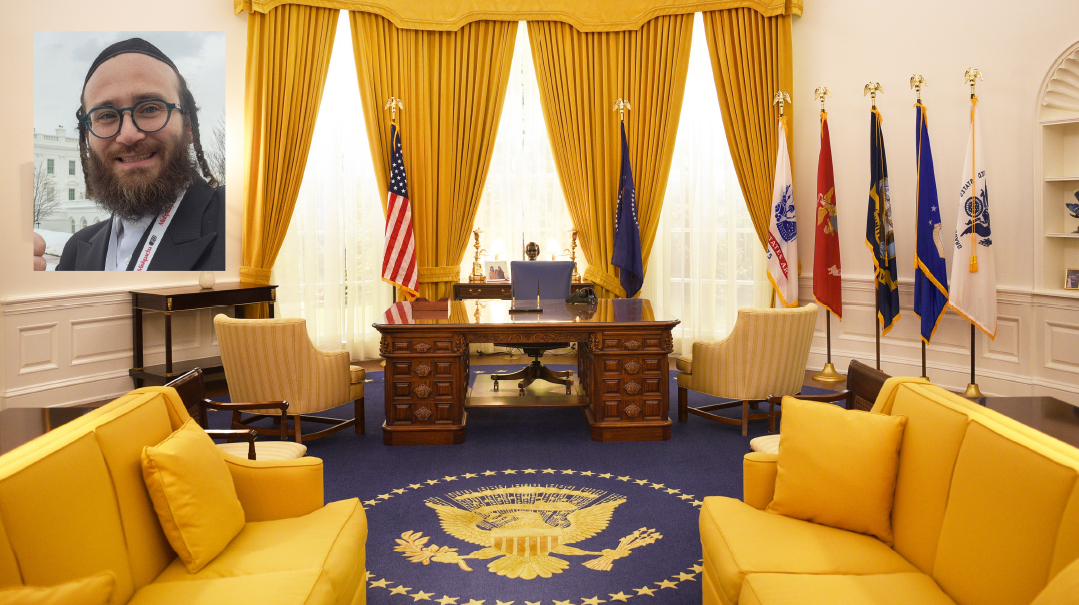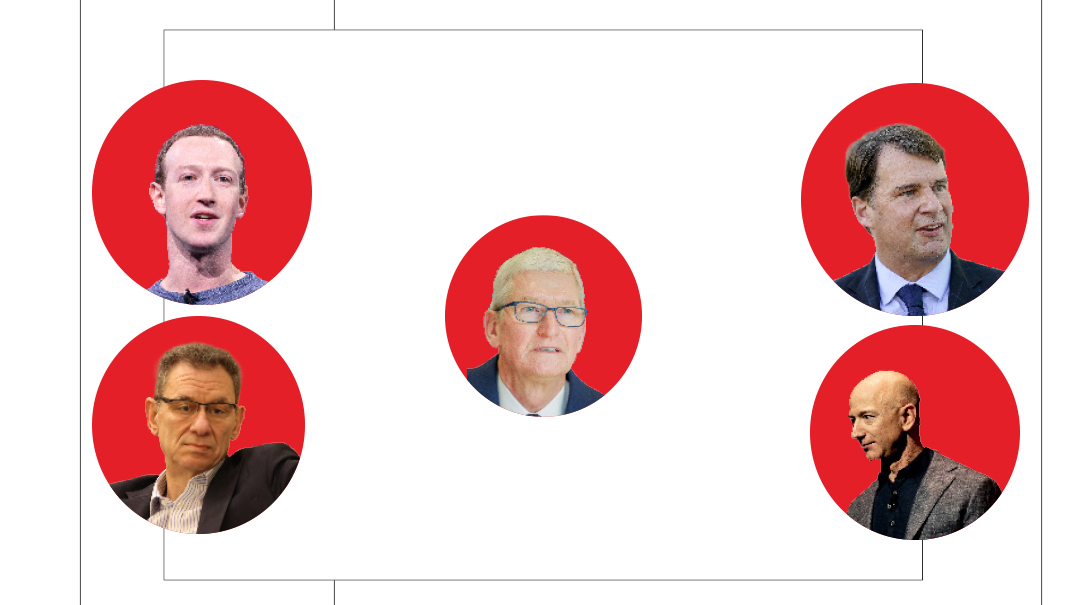Trumpus Maximus

As his second term looms, Trump has gone full-blown imperial
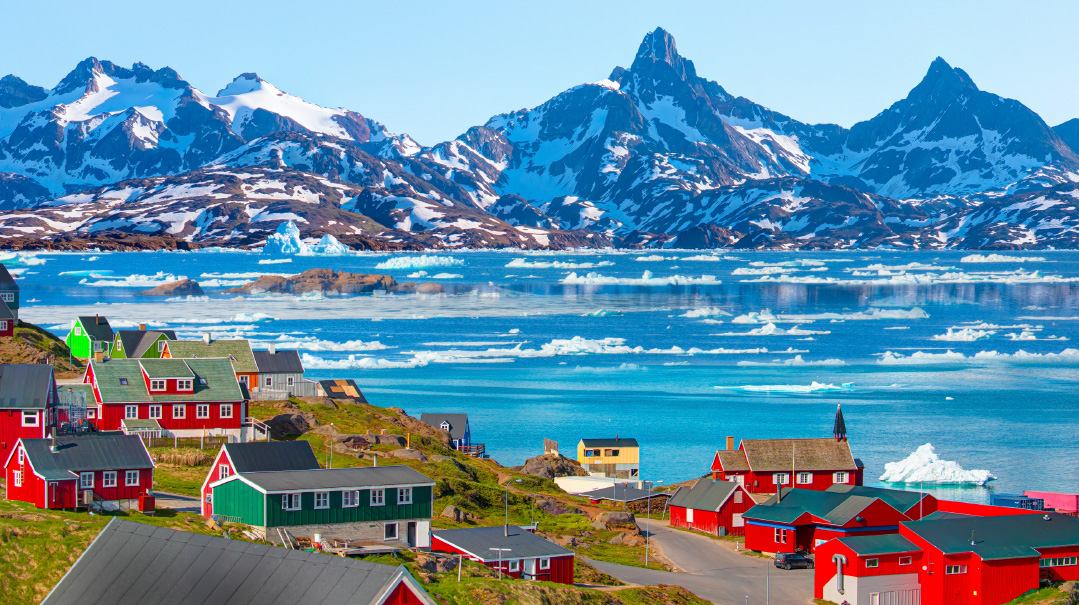
In the hunt for geopolitical advantage, Denmark’s garden looks greener
It’s getting to the point where it’s easy to imagine Trump arriving for inauguration astride an elephant decked in MAGA red, accompanied by a retinue of tech titans and dispensing largesse to the adoring crowd.
When Donald Trump moved the American embassy to Jerusalem in 2018, evangelicals cheered him as a modern-day Cyrus and liberals sneered at the monarchical pretensions.
They’re not laughing any more. As his second term looms, Trump has gone full-blown imperial. With the aplomb of a Habsburg negotiating the absorption of a minor principality, he spent last week floating various proposals to enlarge the United States.
First it was the turn of Canada to become a satrapy. Then Panama heard rumblings about re-Americanizing its Canal. Then came the patriotic — and unilateral — renaming of the Gulf of Mexico as the “Gulf of America.”
Even the language of Trump’s social media posts struck just the right regal notes. Dispatching his son Don Jr. to the frozen Arctic wastes, he tweeted with royal munificence: “I am hearing that the people of Greenland are ‘MAGA.’ ”
Nervous heads of state everywhere are hoping that this is all a passing phase — a product of the unusual preinaugural interregnum which has handed Trump great power without great responsibility. When holding court at Mar-A-Lago gives way to the hard work of governing, they hope, he’ll revert to the Trump they fondly remember from the first round.
Those foreign leaders could be in for a shock, though. What friend and foe alike need to know is that at heart, this stage of Trumpism is the logical evolution of America First. It’s an unswerving focus on restoring American primacy in trade and foreign policy. It also means a willingness to browbeat allies and antagonists alike to make that happen.
Trade is the starting point for much of that worldview. To Donald Trump, a trade surplus in a foreign country’s favor is practically an act of belligerence. Whether or not said country is a friend or foe is immaterial — the very imbalance means that the United States is being taken for a ride.
Trump looks north at a country exporting billions in cars and lumber to the United States — all under a de facto American military umbrella — and sees Canadian freeloading.
It matters not a whit that Canada is a democracy and ally — because Trump sees lofty talk of a liberal world order as code for the American taxpayer subsidizing foreigners to live it up.
Trump’s solution is brutally elegant: pay up — or join the Union. Is he serious about Canada becoming the 51st state? Maybe, but equally, the outrageous proposal is also a maximalist negotiating tactic. Trump will accept a serious redefinition of the economic and military relationship that acknowledges the yawning power deficit between the two countries.
The fixation with Greenland illustrates a second geopolitical strand to Imperial Trumpism: the contention that amid the new era of cutthroat Great Power competition, America has been making too nice.
Back in 2014, Obama’s Secretary of State John Kerry laughably responded to Putin’s invasion of Crimea by exclaiming, “You just don’t in the 21st century behave in 19th century fashion by invading another country!”
Even then, that type of pious bleating about liberal norms sounded anachronistic; a decade on, with Eastern Europe and the Middle East in flames and China circling Taiwan, power is the only language that matters.
The Biden administration’s central message in 2020 was that the adults were back in charge. But with the botched Afghanistan withdrawal, the hesitant prosecution of the Ukraine war, and folding to the far left over Gaza, the supposed grownups turned out to be footling infants.
After the weakness of Biden and Blinken, Americans crave strong, assertive leadership overseas. That’s exactly what Trump 2.0 is aiming to provide, because power is a game that Trump plays with gusto.
He may talk to despots as equals, but he wants to be the first among equals. In the race to get America ahead, he’ll do anything to make sure that Greenland’s rare minerals fall to the US, not the Russians or Chinese. If the price to pay is a few ruffled European feathers, so much the jollier.
Muscle flexing like this isn’t uniquely Trumpian. There’s a long American tradition of strong-arm tactics and foreign expansion beyond the continental US.
The Monroe Doctrine carved out South America as the United States’s rear porch. The Cuban Missile Crisis was predicated on the fact that the USSR ought not to be allowed to position nuclear missiles next door to the US, whereas the US ought to be allowed to site the same missiles next door to the USSR.
What’s exceptional in Trump’s case is his hostility to the entire architecture that has constituted the Western-led world order since World War II. Trump contends that the web of alliances, treaties, and obligations that accreted over decades have sapped America’s vitality.
Disdainful of economic orthodoxies, he harks back to a far more mercantilist era. If America is $36 trillion in debt, the US simply needs a far bigger slice of the pie.
In the final analysis, Trumpism in its imperial pomp is the product of a thumping mandate that represents a broad cultural shift. The election victory that has captains of industry and foreign leaders beating paths to Trump’s door is the reason that the president — never a retiring man — feels emboldened to unleash shock and awe.
First elected as a rebuke to the Washington consensus, Trump’s return completes the destruction of that old order. With or without the elephant procession, foreign leaders had better watch their toes.
(Originally featured in Mishpacha, Issue 1045)
Oops! We could not locate your form.

